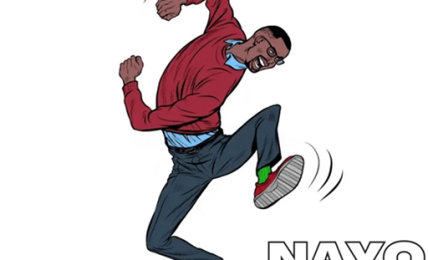“Deliverance” by Terna Abu
Deliverance is the story of a boy brought from the village to live in the city. Her aunt takes him to church for deliverance when things starts missing in the house. He is delivered, only for the real thief to be discovered shortly afterwards.








